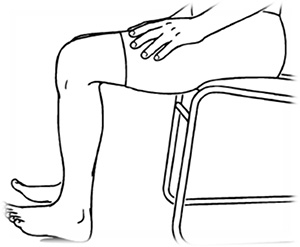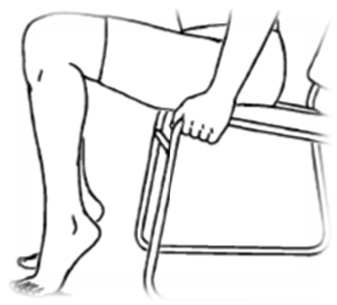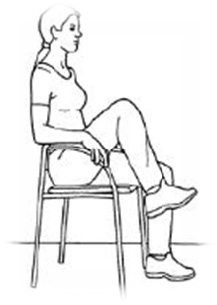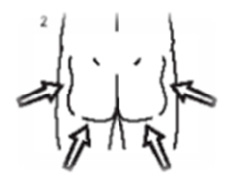Cork Emergency Departments
What is postural hypotension?
Postural hypotension—or orthostatic hypotension— is when your blood pressure drops when you go from lying down to sitting up, or from sitting to standing.
Some people with postural hypotension may have no symptoms, but others do.
These symptoms can differ from person to person ad may include:
- Dizziness or lightheadedness
- Feeling like you are about to faint, pass out, or fall
- Headache, blurry or tunnel vision
- Feeling vague or muddled
- Feeling pressure across the back of shoulders or neck
- Feeling nauseous, hot or clammy
- Weakness or fatigue
When might symptoms happen
- When standing or sitting up suddenly
- In the morning when blood pressure is naturally lower
- After a large meal or alcohol
- During exercise
- If straining on the toilet
- When you are ill
- If you become anxious or panicky
What should I do to manage symptoms
- Get out of bed slowly. First sit up, sit on the side of the bed, then stand up
- Take your time when changing position such as getting up from a chair
- Try to sit down when washing, showering and dressing
- Exercise gently before getting up. This helps with blood flow (see below)
- Do not walk if you feel dizzy
- Stay well hydrated. A glass of water before standing up can boost the blood pressure
- Drink 6-8 glasses of water or low calorie drinks each day - unless you have been told to limit your fluid intake
- You might find your symptoms are worse after a big meal. If so, try eating smaller more frequent meals
- Avoid taking very hot baths or showers
- Avoid excess alcohol as this can drop your blood pressure
Some exercises



